June 12th - 16th 2017
Château du Liebfrauenberg, Alsace, France

2nd European Advanced School for Mouse Phenogenomics
The mouse phenogenomics and the good practices regarding the use of mouse models for scientific research
June 12th - 16th 2017
Château du Liebfrauenberg, Alsace, France

The mouse phenogenomics and the good practices regarding the use of mouse models for scientific research

The mouse phenogenomics is currently the key way through modelling of disease in biomedicine. The mouse, first lab mammal to have its genome sequenced, is the most animal model used in laboratory to improve knowledge regarding how gene are involved in health and disease. The understanding of the molecular pathways the gene control is crucial to the understanding of the mechanisms of pathogenesis, the discovery of new targets and preclinical human therapeutic applications. PHENOMIN, French specialist in the generation of genetically modified mice, and their clinical characterization in vivo (anatomical, physiological and behavioural phenotypes) is actively involved in the international effort to annotate the genome of mammals, and particularly functional annotation of 20 000 coding genes identified in mice, which actually make up only 1.5% of its genome.
PHENOMIN supports researchers who use mouse models by giving us the opportunity to take part of the 2nd Edition of the Advanced School in Mouse Phenogenomics.
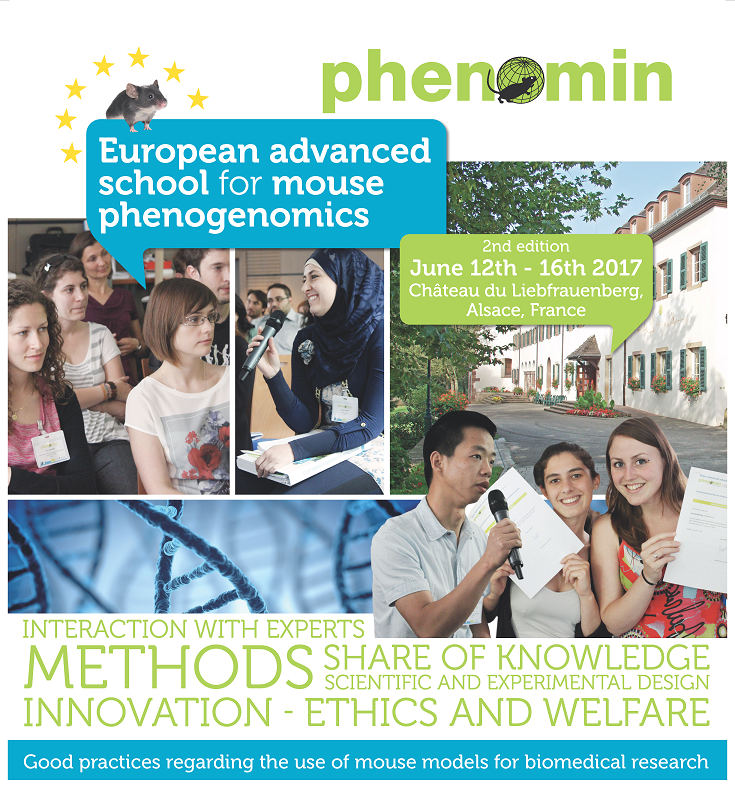 Would you like to learn how to choose, create and analyse your best mouse model?
Would you like to learn how to choose, create and analyse your best mouse model?
Do you have a sufficient background in mouse functional genomics to lead as best your research?
Then, come to the heart of Europe to be involved - together with other students and researchers from all over the world - in opened discussion, in constructive analysis of your own research and in building conceptual scientific advances.
This unique international event will provide the attendees with an innovative program focused on the best practices in the use of the mouse model for biomedical and basic research; this program also addresses the item of continuing professional education consistent with the new European directive requirement for lab animal protection in experiments.
The school will provide a wealth of information on good practices in the use of mouse model (experimental design, ethics, regulations, analysis, data and resources ...) to support attendees in their research.
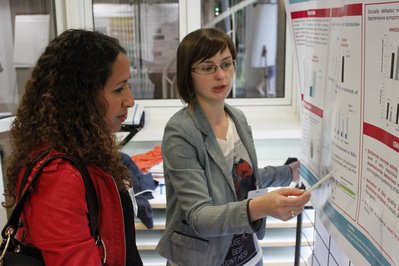
Likely to the previous edition, the program consists of invited speakers' talks, work sessions on selected scientific and/or methods issues.
Mornings are devoted to seminars whereas afternoons are devoted to "practical sessions" needing the active attendees' participation (work group, debate, round table,..).
The target audience consists of engineers and/or clinicians and/or researchers who directly or indirectly use mouse as animal model for scientific research. We encourage both industrial and academic researchers, postdocs and PhDs from all Europe to attend this school. The school involves French and European major infrastructures, thought its INFRAFRONTIER partnership.
45 participants could attend at the school.
One of the aims of the PHENOMIN school is to provide the unique opportunity for PhDs and young postdocs to discuss in details about their research with experts as well as with each other.
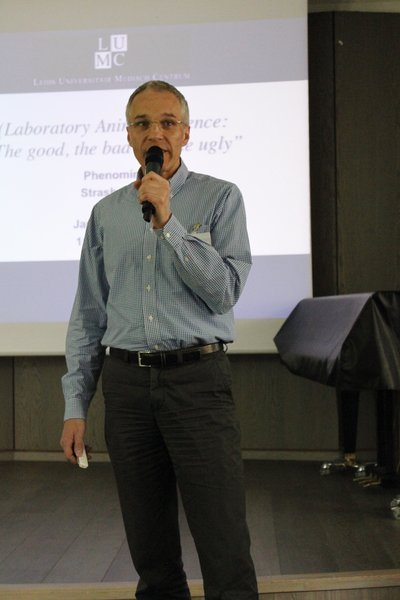
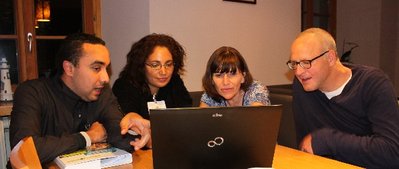
By this way, and by emphysing the time frame for free time, discussions and exchanges, the school promises to accelerate the sharing of conceptual scientific advances and transfer of innovative methods and techniques in the field of animal testing, and more specifically the use of mice in biomedical research, including the design of experimental protocols until its realization and data analysis.
24 invited experts will attend the school. European speakers, involved in INFRAFRONTIER infrastructure, will join us as well.
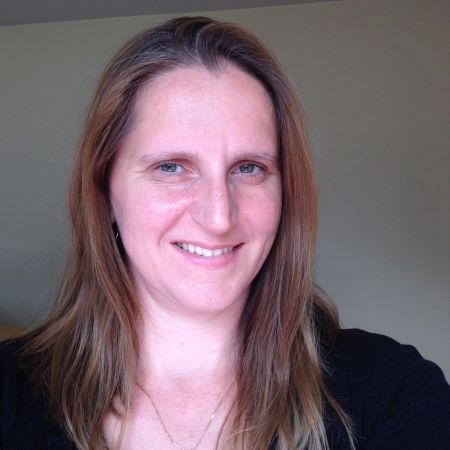
PhD, Veterinarian, Director of the "Centre de trangenèse, archivage et modèle animal" or the Center of Transgenesis, Archiving and Animal Model (TAAM), CNRS
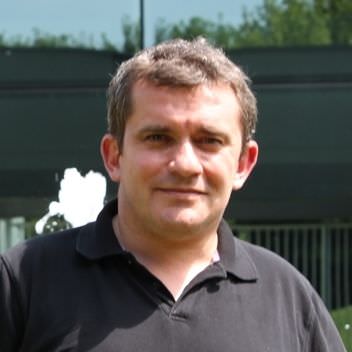
PhD, Director of the "Institut Clinique de la Souris" or Mouse Clinical Institute (ICS), INSERM-CNRS-University of Strasbourg
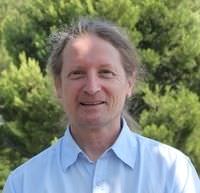
PhD, Director of the "Centre d'immuno-phénogénomique" or the Center of Immuno-Phenogenomics (CIPHE), INSERM-University of Aix-Marseille
PhD, Head of the Mouse services department (ICS)
DMV, Veterinarian and manager of ethic and welfare (ICS)
PhD, Head of the phenotyping department (ICS)
PhD, Manager for business development and training (ICS)
PhD, Head of the genetic engineering and model validation department (ICS)
PhD, Project Coordination of European programs (ICS)
PhD, Associate Head of the genetic engineering and model validation department (ICS)
PhD, Chief operating officer (ICS)
Head of management information department (ICS)
The school will boost the emergence of new themes and will accentuate interdisciplinary in scientific survey of PhDs and active staff in the field of functional and clinical studies. In this context, the thematic school allows to provide a friendly environment that fosters strong connections between students, young researchers who would never have the opportunity to meet, and so a warm relationship between researchers, and the organizers and stakeholders. The main objective is to strengthen the relationship between doctoral education and scientific research. Bringing together, the school will structure the scientific community using mice as an experimental model around the infrastructure PHENOMIN and many networks in which it participates actively (CELPHEDIA, INFRAFRONTIER, IMPC...).
First day / departure on June 12th 2017: Bus leaves Strasbourg train station to school location at 11:00 AM.
Last day / return on June 16th 2017: Bus leaves school location to Strasbourg train station at 2:00 PM.
| CNB-CSIC | Centro Nacional de Biotecnologia (CNB-CSIC), Campus de la UAM en Cantoblanco, C/ Darwin, 3-28049 Madrid-Spain | L. Montoliu |
| HZM1 |
Helmholtz Zentrum München, German Research Center for Environmental Health, Institute of Developmental Genetics, Ingolstaedter Landstrasse 1, D- 85764 Neuherberg - Germany |
W. Wurst |
| HZM2 | Helmholtz Zentrum München, INFRAFRONTIER Infrastructure, German Research Center for Environmental Health, Institute of Experimental Genetics and German Mouse Clinic, Ingolstaedter Landstrasse 1, D- 85764 Neuherberg - Germany | M.Hagn |
| IGBMC | Institut de Génétique et Biologie Moléculaire et Cellulaire, CNRS UMR 7104 - Inserm U 964, 1 rue Laurent Fries, BP 10142, 67404 Illkirch - France | F. Piguet |
| MRC | Medical Research Council Harwell (Mammalian Genetics Unit and Mary Lyon Centre), Harwell, Oxfordshire, OX11 0RD - UK | AM. Mallon, P. Potter, L. Teboul |
| NKI | The Netherlands Cancer Institute, Plesmanlaan 121, 1066 CX Amsterdam -The Netherlands | J. Jonkers |
| Pasteur Institut |
Institut Pasteur, 25-28 Rue du docteur Roux, 75015 Paris - France |
X. Montagutelli |
| PHENOMIN-CIPHE | Centre d'immunophénomique-CIPHE, US012-UMS 3367 Inserm, CNRS, AMU- CIML - Parc de Luminy - Case 906, 13288 Marseille - France | B. Malissen, M. Malissen |
| PHENOMIN-ICS | Institut Clinique de la Souris-ICS 1 rue Laurent Fries, 67404 Illkirch Cedex - France |
A. Ayadi, MC. Birling, E. Bedu, I. Goncalves, Y. Hérault, H. Jacobs, H. Meziane, G. Pavlovic, P. Reilly, M. Selloum, T. Sorg, L. Vasseur, O. Wendling |
| PHENOMIN-TAAM | Transgénèse et Archivage d'Animaux Modèles-TAAM 3 B, Rue de la Férolerie, 45071 Orléans Cedex 2 - France |
C. Fremond, S. Lerondel |
| UPJV |
Université de Picardie Jules Vernes - PériTox- INERIS |
E. Durand |
| Day 1: Mouse genetics | |
|
Basic overview of laboratory mouse genetics / Advanced mouse genetics programs: European and international new programs. |
|
| 11:00 AM | Bus leaves Strasbourg's train station to school location |
| 12:00 PM - 1:00 PM | Welcome |
| 1:00 PM - 2:00 PM | Lunch |
| 2:00 PM - 2:30 PM | Introduction (Y. Hérault, PHENOMIN-ICS) |
| 2:30 PM - 3:30 PM | Laboratory Mouse Genetics: basic overwiew (L. Montoliu, CNB-CSIC) |
| 3:30 PM - 4:30 PM | Advanced Mouse Genetics Programs (Y. Hérault, PHENOMIN-ICS) |
| 4:30 PM - 5:00 PM | Break |
| 5:00 PM - 7:00 PM | Workshop: group 1 - 15 participants max/3-4 experts. Short presentation of scientific project and scientific issue/question/problematic |
| 7:00 PM - 7:30 PM | Free |
| Dinner | |
| Day 2: Mutagenesis | |
| CRISPR 9 genome editing in vivo / Mouse model for decipher the immunity/ Mouse models for cancer research | |
| 8:30 AM - 9:00 AM | Mutagenesis: good practices (G. Pavlovic, PHENOMIN-ICS) |
| 9:00 AM - 10:30 AM | CRISPR/Cas9 and other nucleases -Applications and future perspectives (MC. Birling, PHENOMIN-ICS and L. Teboul, MRC) |
| 10:30 AM - 11:00 AM | Break |
| 11:00 AM - 12:00 PM | The use of viral vector for mouse mutagenesis and/or for delivery of gene editing by nuclease (F. Piguet, IGBMC) |
| 12:00 PM - 1:00 PM | Mutagenesis to decipher the mouse immune system (B. Malissen, PHENOMIN-CIPHE) |
| 1:00 PM - 2:00 PM | Lunch |
| 2:00 PM- 3:00 PM | Mouse model for cancer (J. Jonkers, NKI) |
| 3:00 PM - 4:00 PM | Genetic modification and its impact on phenotyping data, i.e, mouse model validation (G. Pavlovic, PHENOMIN-ICS) |
| 4:30 PM - 5:00 PM | Break |
| 5:00 PM - 7:00 PM | Workshop: group 2 - 15 participants max/3-4 experts. Short presentation of scientific project and scientific issue/question/problematic |
| 7:00 PM - 7:30 PM | Free |
| Dinner | |
| Day 3: Functional tests in mouse models / Advancing human health | |
| Standardized exploration of physiological functions, scientific and ethical considerations, study design, analysis and data management, alternative imaging method tests / Preclinical approaches with mouse models, a first step toward the man, interest and limits | |
| 8:30 AM - 9:00 AM |
Functional exploration in mouse models: good practices (T. Sorg , PHENOMIN-ICS) |
| 9:00 AM - 9:30 AM |
Strategies for improving reproducibility with in vivo studies (P. Reilly, PHENOMIN-ICS) |
| 9:30 AM - 10:00 AM | Statistical analysis (L. Vasseur, PHENOMIN-ICS) |
| 10:00 AM - 10:30 AM | Imaging and pre clinical applications (S. Lerondel, PHENOMIN-TAAM) |
| 10:30 AM - 11:00 AM | Break |
| 11:00 AM - 11:30 AM | Primary phenotyping of mouse embryos (O. Wendling, PHENOMIN-ICS) |
| 11:30 AM - 12:00 PM | How to phenotype new born and juvenil mice ? (E. Durand, UPJV) |
| 12:00 PM - 12:30 PM | NeuroBehavior and sensory organ phenotyping (H. Meziane, PHENOMIN-ICS) |
| 12:30 PM - 1:00 PM | Aging phenotyping (P. Potter, MRC) |
| 1:00 PM - 2:00 PM | Lunch |
| 2:00 PM - 4:00 PM | Workshop: group 3 - 15 participants max/3-4 experts. Short presentation of scientific project and scientific issue/question/problematic |
| 4:00 PM - 5:00 PM | Break |
| 5:00 PM - 6:30 PM | Retransmission of Informal discussions from workshop session in groups: more important feed back to be adressed |
|
6:30 PM |
Social event (on site) |
| Diner | |
| Day 4: Animal Science / Ethics and welfare | |
| Health, impact on functional studies, increasing safe, colony management and genetically drift / Impact of the mouse gut microbiota / Good practice for good results Workshop: welfare assessment of genetically engineering mouse models | |
| 9:30 AM - 10:30 AM | Tips, Tools and Techniques to secure your mice projects (A. Ayadi, PHENOMIN-ICS) |
| 10:30 AM - 11:00 AM | Break |
| 11:00 AM - 11:30 AM | Immunophenotyping (M. Malissen, PHENOMIN-CIPHE) |
| 11:30 AM - 12:30 PM | Heath status, bioconfinment, and microbiota impact on phenotyping (C.Fremond, PHENOMIN-TAAM) |
| 12:30 PM - 1:00 PM | Crucial complementary aspects of functional analysis: anatomo pathology of the mouse (H. Jacobs, PHENOMIN-ICS) |
| 1:00 PM - 2:00 PM | Lunch |
| 2:00 PM - 3:00 PM | The Collaborative Cross, applied to the infectious disease susceptibility (X. Montagutelli, Institut Pasteur) |
| 3:00 PM - 4:00 PM | Animal models are valid to uncover disease mechanisms (Wurst W, HMZ1) |
| 4:00 PM - 4:30 PM | Welfare assessment of genetically engineered mouse models (I.Goncalves, PHENOMIN-ICS) |
| 4:30 PM - 5:00 PM | Break |
| 5:00 PM - 7:00 PM | Workshop: "Ethics and welfare assessment of genetically engineered mouse models" - Practical illustrations- workgroup session |
| 7:00 PM- 7:30 PM | Free |
| Dinner | |
| Day 5: Advanced programs in mouse phenogenomics, initiatives and resources | |
| National, European and International Integrated Resources: by, for and available to the scientific community / Improving bioscience reporting and data robustness: ensure the reproducibility of pre-clinical studies | |
| 8:30 AM- 09:00 AM | European ressources : General overview (Mohammed Selloum, PHENOMIN-ICS) |
| 9:00 AM- 09:30 AM | Gencodys consortium and mouse models for cognitive dysfunction (Y. Hérault, PHENOMIN-ICS) |
| 9:30 AM- 10:00 AM | Infrafrontier Research Infrastructure (M. Hagn, HMZ2) |
| 10:00 AM- 11:00 AM | Data integration (AM. Mallon, MRC) |
| 11:00 AM- 11:30 AM | Break |
| 11:30 AM- 12:00 PM | Improving Bioscience Research Reporting: The ARRIVE Guidelines (I. Goncalves, PHENOMIN-ICS) |
| 12:00 PM - 01:00 PM | Round table: debrief, satisfaction survey, opened discussions on 3 selected major points. |
| 1:00 PM - 2:00 PM | Lunch |
| 2:00 PM | Bus leaves school location to Strasbourg’s train station |
Free of charge for CNRS agents and CNRS PhD students
Free of charge for PhD students from the University of Strasbourg